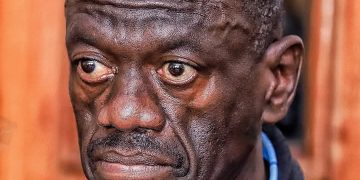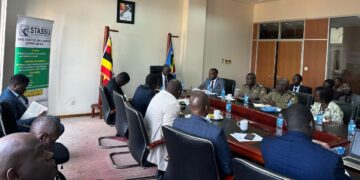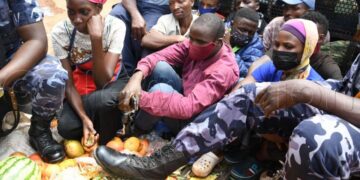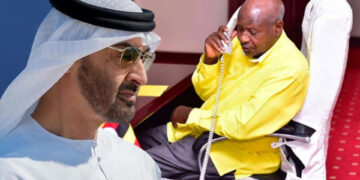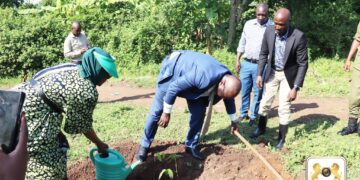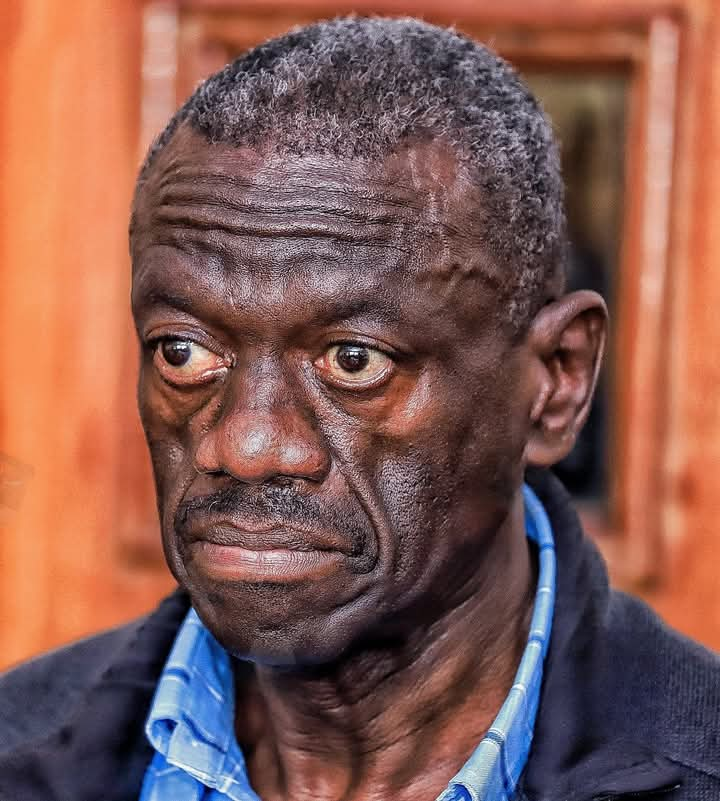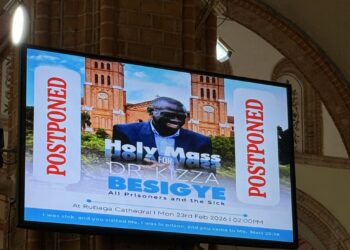OPINION
In the sweltering heat of Uganda’s political landscape, Dr. Kizza Besigye’s relentless pursuit of freedom and democracy echoes the revolutionary ideals of Frantz Fanon, the Martinican philosopher and activist. As we reflect on Besigye’s activism, we are reminded of Fanon’s profound influence on liberation movements worldwide. This article explores the nostalgia of Fanon’s legacy in Besigye’s quest for freedom, highlighting the parallels between their ideas and the ongoing struggle for justice in Uganda.
A Shared Commitment to Liberation
Frantz Fanon’s seminal work, “The Wretched of the Earth,” remains a powerful indictment of colonialism and its legacy. Similarly, Besigye’s opposition to Uganda’s ruling National Resistance Movement (NRM) party is rooted in his conviction that the current regime perpetuates a form of neo-colonialism. By advocating for democratic reforms, economic empowerment, and social justice, Besigye seeks to create a more equitable society, free from the shackles of authoritarianism.
Fanon’s ideas on national liberation, social justice, and human rights find resonance in Besigye’s work. Both men recognized that true liberation requires addressing the social and economic disparities created by colonialism and authoritarianism. Besigye’s advocacy for access to healthcare, education, and economic opportunities for all Ugandans reflects his commitment to social justice, echoing Fanon’s emphasis on the importance of economic empowerment in the liberation struggle.
Radical Change and Activism
Both Fanon and Besigye believed in the need for radical change and activism to achieve true liberation. Fanon’s involvement in the Algerian National Liberation Front (FLN) and Besigye’s leadership of the Forum for Democratic Change (FDC) party in Uganda demonstrate their willingness to challenge the status quo. Besigye’s decision to run for president in 2006, 2011, and 2016, despite facing significant obstacles and repression, reflects his commitment to radical change.
But is Besigye’s activism the reason he has faced repeated arrests, beatings, and harassment from Ugandan authorities? Is his quest for freedom and democracy a threat to the entrenched powers in Uganda? The answer lies in the government’s actions, which suggest that Besigye’s activism is indeed a challenge to their authority.
Like Fanon, who evoked anti-colonial sentiments among the Algerian people, Besigye seeks to enlighten the masses about their rights and the need to rise up against repression. His message of hope and defiance resonates with many Ugandans, who are tired of living under authoritarian rule. But will his activism be enough to bring about change, or will it be silenced by the powers that be?
As Fanon once warned, “Each generation must, out of relative obscurity, discover its mission, fulfill it, or betray it.” Has Besigye’s generation betrayed its mission by failing to bring about meaningful change, or is his activism a testament to the ongoing struggle for justice and equality in Uganda?
Personal Sacrifice and Commitment
Finally, both Fanon and Besigye have demonstrated remarkable personal sacrifice and commitment to their causes. Fanon’s untimely death at 36, likely due to his involvement in the Algerian liberation struggle, is a testament to his unwavering dedication. Besigye has faced numerous arrests, beatings, and harassment from Ugandan authorities, yet he remains resolute in his pursuit of democratic reforms.
Conclusion
As we reflect on Besigye’s quest for freedom, we are reminded of the enduring legacy of Frantz Fanon. The parallels between their ideas and actions serve as a powerful reminder of the ongoing struggle for justice and equality in Uganda. But the question remains: will Besigye’s activism be enough to bring about change, or will it be silenced by the powers that be? Only time will tell, but one thing is certain – the spirit of Fanon’s revolutionary ideals continues to inspire new generations of activists and thinkers.
By Gabriel Adusa, the writer is a Ugandan Journalist, Speech Writer, and Political Observer. Email: gabieadusa@gmail.com
